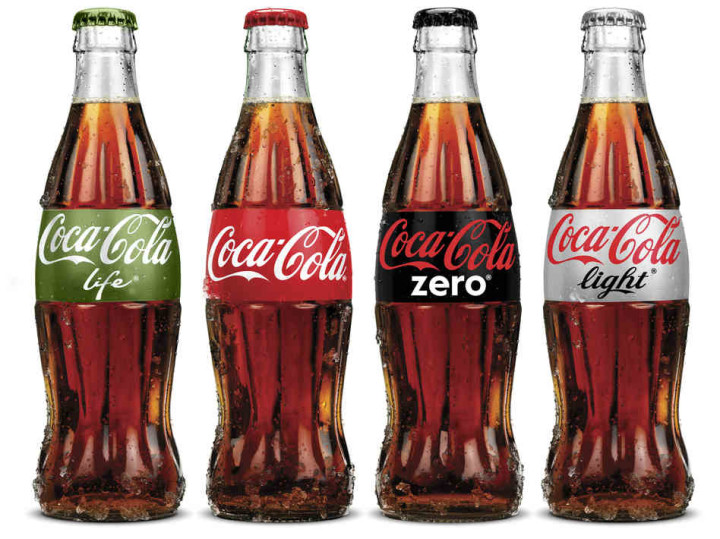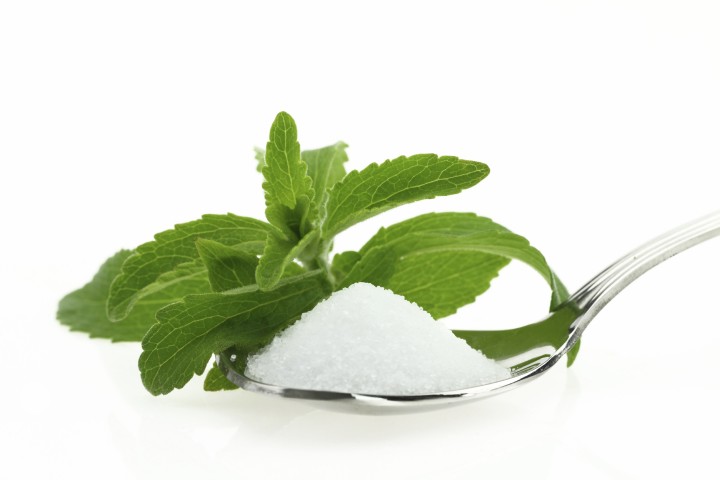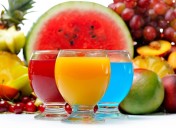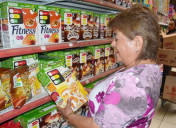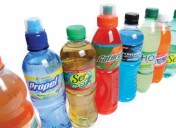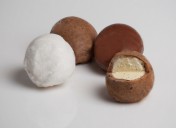Changes in EU Food Additives regulation will benefit products formulated with Stevia
Recently, an amendment to the EU food additives regulation has removed the requirement for Stevia blends to contain at least 75% stevioside or reb A, giving food and beverage manufacturers possibility of formulating better-tasting, Stevia-sweetened products.
Regulation (EU) 2016/1814 , which was effective on 3 November, amends the specifications for steviol glycosides set out in an annex to regulation (EU) No 231/2012.
Under the old legislation, stevioside and/or reb A had to be the principal component (75% or more) in Stevia sweeteners. The remainder could be made up of any of the ten steviol glycosides named in the annex: stevioside, rebaudiosides A, B, C, D, E and F, steviolbioside, rubusoside, and dulcoside.
The updated regulation has removed the 75% restriction and added reb M to the list of permitted steviol glycosides. Now, food and beverages manufacturers can use any combination of the 11 approved steviol glycosides in any inclusion ratios.
The stevia industry has welcomed the new regulation, claiming it will give them more freedom to help food and beverage manufacturers to make further sugar reductions without compromising taste. By removing the restriction on the amount of reb A and stevioside content in a sweetener, better tasting Stevia sweeteners can be made.
With reb A or stevioside as the major sweetener, it is a challenge to reduce more than 30-50% sugar due to the non-sweet taste that such Stevia sweeteners contribute. The new regulation will provide a chance to improve the sweetness profile at a higher rate of sugar reduction. That will open doors for European food and beverage companies who want to reduce calories without compromising a great taste.
Off course, beverages will be the main beneficiaries. Low-sugar products like Coke Life may benefit from the law change. Beverage manufacturers would be a receptive target for improved Stevia blends; these companies could achieve dramatic sugar reductions in one of the most challenging applications: Carbonated Soft Drinks.
Coke Life is an example of a product that could potentially take advantage of the change in law. In April, Coca Cola modified the recipe so that the Stevia-sweetened drink contained 45% less sugar than regular coke instead of 33%. The new regulation could open up opportunities for further sugar reductions in this type of product.
The Challenge now is about the design of formulations that exceed the expectations of consumers, offering the best profiles of flavor and sweetness, but with a calorie reduction through natural sugar substitutes. Aromateca Dominicana has the team of experts and portfolio of technologies for the product development that the current market demands.
Please contact us and let us advise you.

